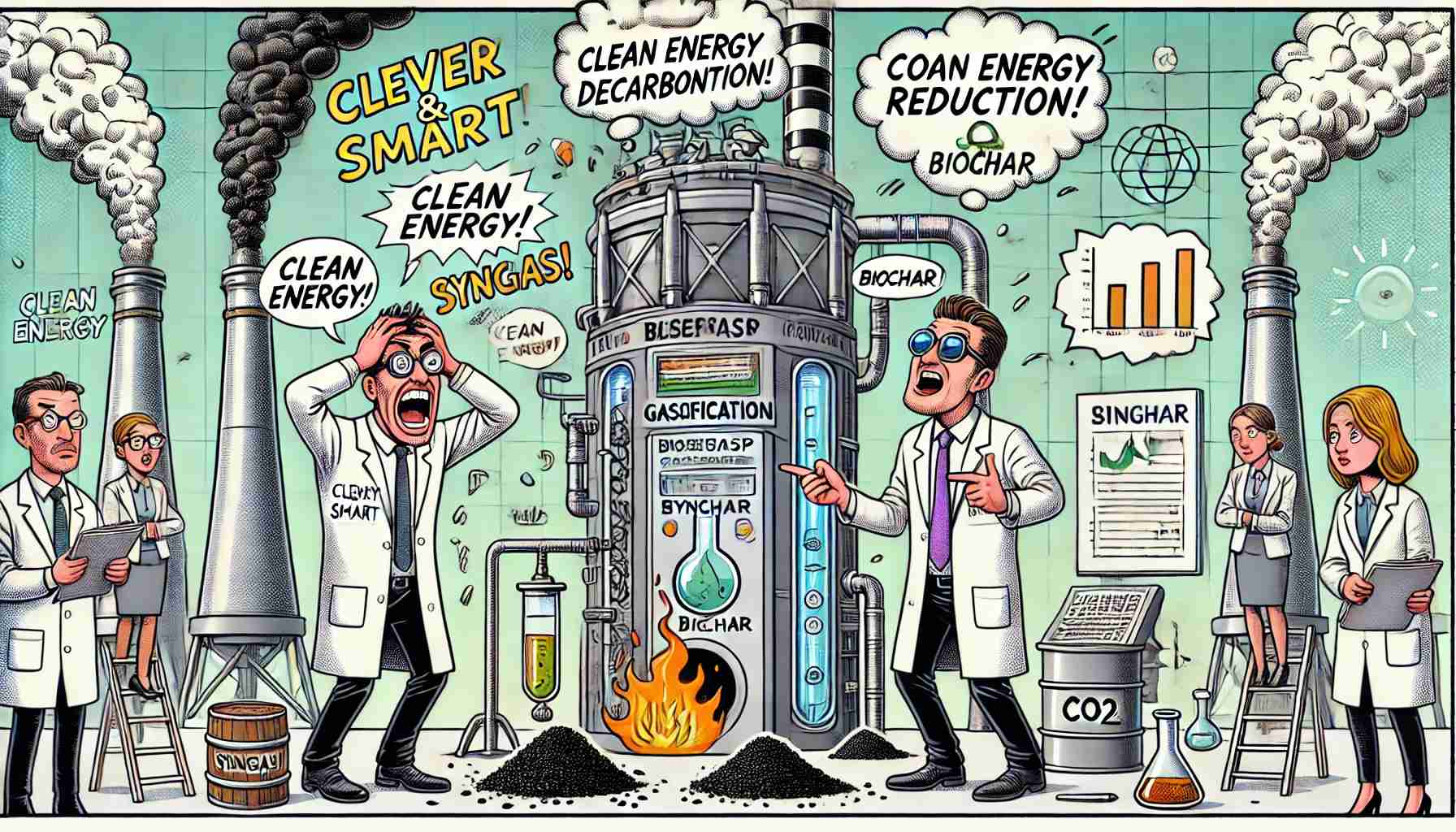 Energy Efficiency
Energy EfficiencyBioenergy and Solid Biomass: A Renewable Solution for Industrial Heat Processes
Summary
Biomass plays a crucial role in the production of zero-carbon heat and electricity. The future of biomass in industrial applications remains promising. Some industries, such as the cement industry, have already invested heavily in adapting their processes to use biomass.
In conclusion, bioenergy and solid biomass offer a sustainable and cost-effective solution for industrial heat processes. As we continue to strive for a cleaner, more sustainable future, the role of biomass will undoubtedly grow.
For more information on the RE4Industry project, check re4industry.eu
Open full article
Bioenergy and Solid Biomass: A Renewable Solution for Industrial Heat Processes
Bioenergy, derived from solid biomass, represents a significant portion of the European renewable energy mix. Accounting for around 60% of the total, it plays a crucial role in the production of zero-carbon heat and electricity. This article delves into the importance of bioenergy and solid biomass in the decarbonization of the European energy system and their potential in industrial applications. It is based on the work of the RE4Industry project, specifically on the short report on bioenergy and solid biomass, check re4industry.eu
The Role of Biomass in Industrial Applications
Biomass, particularly forest biomass, is a primary source of renewable industrial process heat. Industries with high thermal energy demands, such as the forest-based sector (pulp and paper, sawmills, etc.), often use biomass as it is a cost-effective alternative to fossil fuels. These industries utilize internally generated residues and byproducts, making the process even more sustainable.
The term "biomass" encompasses a wide range of bio-based materials, which can be transformed into process heat through various methods. These include direct combustion, torrefaction, gasification, and liquefaction. As such, biomass can theoretically satisfy the majority of industrial process heat requirements, providing a renewable alternative to fossil fuels.
The Business Case for Biomass
The cost competitiveness of biomass varies significantly, depending largely on the feedstock and the availability of pre-processing technologies. Some of these technologies are not yet commercially available, and the price of the feedstock can fluctuate. However, the versatility, abundance, and well-developed value chains of solid biomass make it a valuable asset for industries seeking to decarbonize their operations.
Certain industries, such as the cement industry, have already invested heavily in adapting their processes to use biomass. With an ambitious target of 60% alternative fuels by 2030, and 90% by 2050, more than half of which will be biomass waste, the cement industry is leading the way in biomass utilization.
The Future of Biomass in Industrial Applications
Despite the clear benefits of biomass, its role in renewable energy production is sometimes under-recognized. Recent reforms to the review of the Renewable Energy Directive (REDIII) have called into question the 'renewable energy' status of primary woody biomass. Such changes could significantly impact the decarbonization potential of certain industries and penalize those who have already invested heavily in the use of woody biomass for energy.
However, the future of biomass in industrial applications remains promising. As more industries recognize the benefits of biomass and invest in its use, we can expect to see an increase in its role in industrial heat production.
In conclusion, bioenergy and solid biomass offer a sustainable and cost-effective solution for industrial heat processes. As we continue to strive for a cleaner, more sustainable future, the role of biomass in our energy mix will undoubtedly grow.
Further information
You can find further information from the same project here
- Hydrogen use: re4industry.eu/download/d2-7-re4industry-industrial-fora-hydrogen-use/
- Carbon management: re4industry.eu/wp-content/uploads/2023/04/D2.7.pdf



